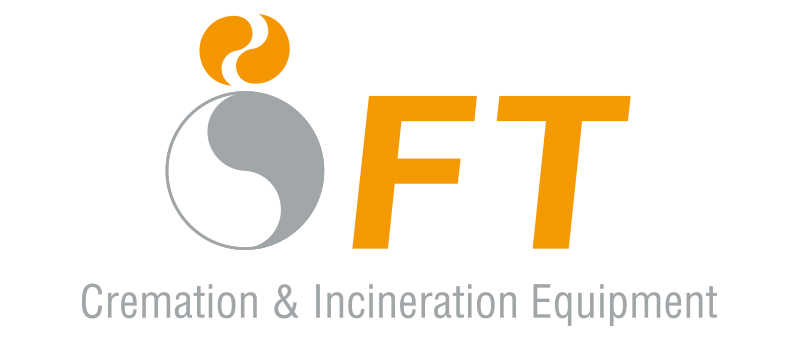The pandemic has highlighted both weaknesses and strengths of the funeral sector, including within local authorities up and down the country. With confusing guidelines and a growing resentment from the bereaved unable to attend services, authorities have had to quickly adapt to a rollercoaster of new regulations to regain trust and communication with their teams and the bereaved.
We interviewed Alan Sheldon of Liverpool City Council to take a look at how they faced the pandemic head on – adapting to new electronic methods of application, amending safe working conditions and creating an online central file repository for cemetery and cremation application documentation.
I am the Bereavement Services Manager and Head of Service for Liverpool City Council. I have overall management responsibility for all aspects of the city’s Bereavement Services including cemeteries, crematoria, mortuary and closed churchyards.
It never surprises me the reactions on people’s faces when I inform them of my role, never the less I am proud to educate them of the important services we all deliver to the bereaved. I am responsible for the management, strategic development and sustainability of 6 cemeteries (415 acres in total), 2 crematoria, 5 closed church yards and Liverpool public mortuary.
Whilst the infrastructure is an important part of the jigsaw, the key element is the staff and I have a fantastic opportunity to develop, mentor and motivate my team.
I get great job satisfaction when I am able to help someone lay their loved one to rest, however, reading the thankyou cards and messages for other members of the team is equal if not better.
The response during the first peak of the Coronavirus pandemic gave way to a number of changes to the ‘normal’ funeral process. New processes introduced presented us all with challenges initially and I may have enough material to pen a small novel of the reasons why the FDs must have the ‘GREEN’. I feel that some of the new electronic methods of application and registration could and should be taken forward after the pandemic and who would have thought that we would be meeting so easily, within our own homes (you are on mute).
Services to the bereaved have been seriously affected by the pandemic and attendance has probably been the most serious impact. Initial guidance from PHE and Government was not helpful in this area and the varying response from cremation providers nationally also presented a confusing message to the public and resentment from those unable to attend.
Operational changes and safe working practices have been introduced and amended as required to ensure the safety of staff, FDs, Clergy and the bereaved. Communication has been key to the implementation of these changes and I would encourage any colleague to engage with their comms team for guidance on how to best deliver your message.
The last few months have presented some huge challenges which have highlighted weaknesses within the whole funeral and bereavement care industries. The industries require improved communication between sectors – I would personally welcome greater regulation and a review of legislation. The COVID-19 response was delivered on a regional basis in many areas and I feel that this could open opportunity to develop, regional and national, best practice which recognises national guidance with regional trends, behaviours and values.
DMAG is a great development from the pandemic and I feel this should be expanded to discuss and advise government on death management. We are often the forgotten sector who manage a subject matter which no one wishes to talk about, we need to improve our profile as an industry by defining our professions through education, regulation and transparency.
The pandemic has identified that we need to be more agile in our approach to delivering our service, the application and administration is a key area for improvement. The recent introduction of our digital booking system was very successful during the first wave of the pandemic, and following on from this we will continue our digital shift, to make this area of the service more agile in the future. We are currently testing a new online central file repository for cemetery and cremation application documentation, which will allow access by FDs, administration team, medical referees and registrars.

Alan Sheldon is the Bereavement Services Manager at Liverpool City Council and you can connect with him here.

Facultatieve Technologies (FT) with 145 years of experience in cremation is the international market leader in the design, construction and maintenance of cremation and filtration equipment.